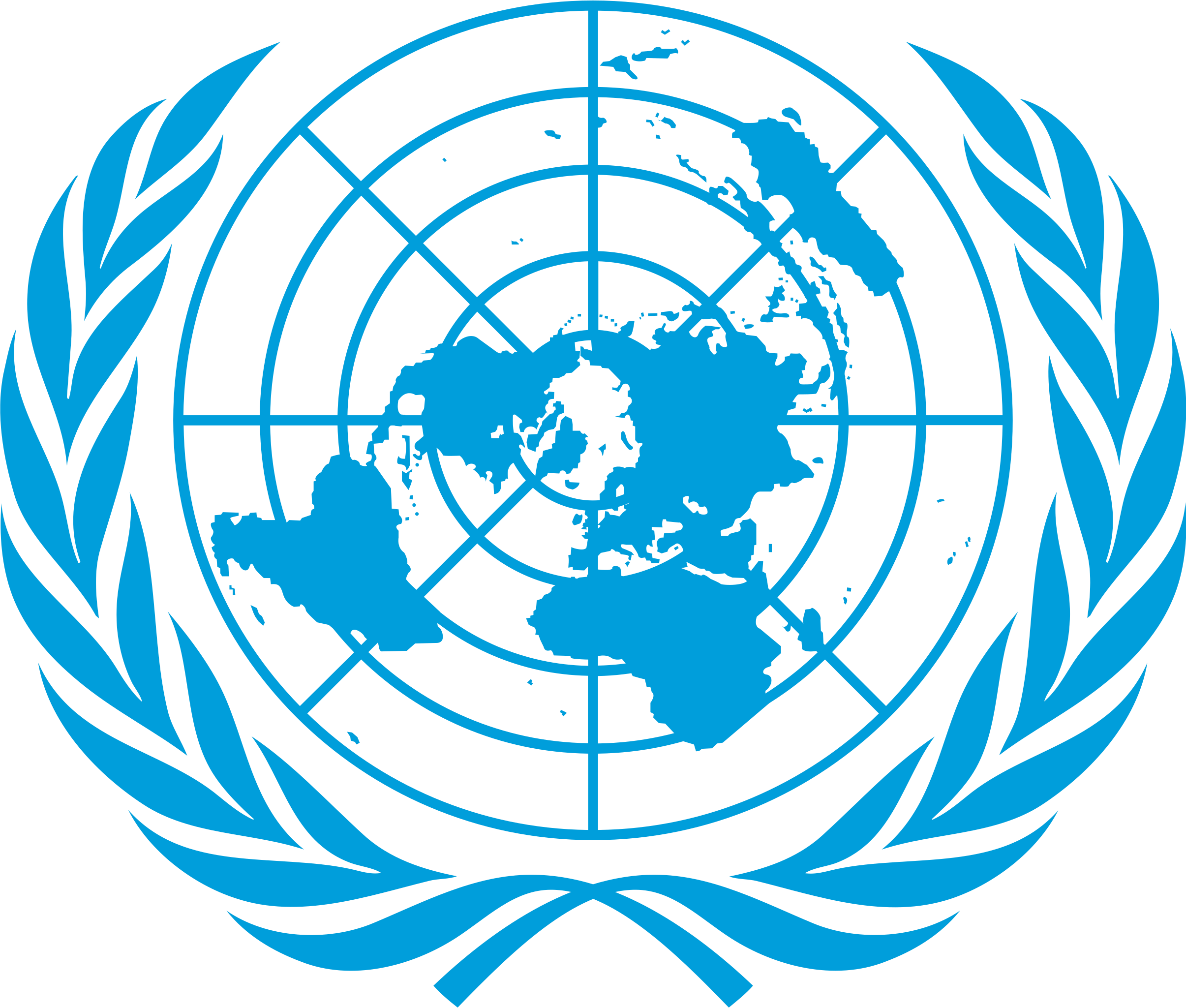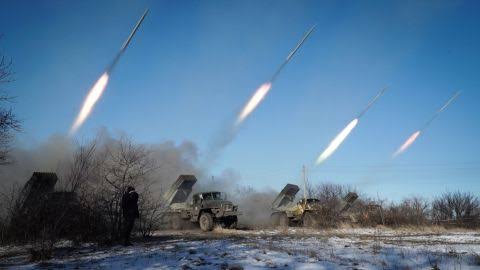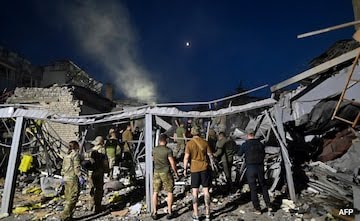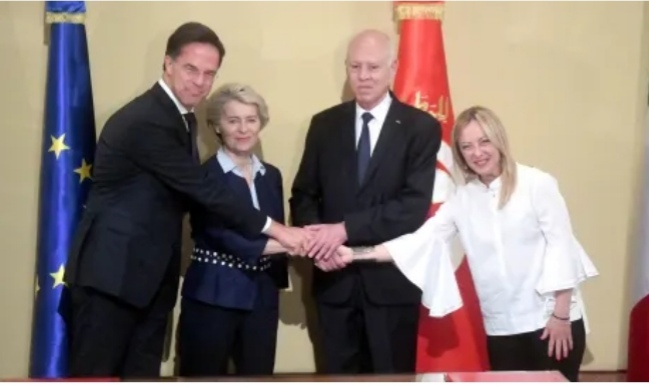The Niger military junta has stopped diplomatic attempt to reinstall the ousted president, rejecting a proposed visit by representatives of the West African regional bloc, the African Union and United Nations on Tuesday, according to a letter seen by The Associated Press.
The letter cited “evident reasons of security in this atmosphere of menace” against Niger, two weeks after mutinous soldiers overthrew the country’s democratically elected leader. The regional bloc known as ECOWAS had threatened to use military force if the junta didn’t reinstate President Mohamed Bazoum by Sunday, a deadline that was ignored.
The NewsGuru.com had reported that the acting U.S. Deputy Secretary of State Victoria Nuland met with the coup leaders and said they refused to allow her to meet with Bazoum, whom she described as under “virtual house arrest.” She described the mutinous officers as unreceptive to her appeals to start negotiations and restore constitutional rule.
“These conversations were extremely frank and at times quite difficult because, again, we are pushing for a negotiated solution. It was not easy to get traction there. They are quite firm in their view of how they want to proceed,” Nuland told reporters on a call from Niamey, Niger’s capital.
ECOWAS is expected to meet again Thursday in Abuja, the capital of neighboring Nigeria, to discuss the situation. Niger’s capital appeared more tense on Tuesday, with security forces checking vehicles.
Washington’s diplomatic involvement is not meant to undermine ECOWAS efforts, said Rida Lyammouri, senior fellow at the Policy Center for the New South. “Unlike ECOWAS, the U.S. has yet to send any intimidating messages despite publicly stating support for the regional body.”
U.S. Secretary of State Antony Blinken, speaking to Radio France International on Monday, said diplomacy is the preferred way forward, and he couldn’t speculate about the future of 1,100 U.S. military personnel in Niger.
“What we are seeing in Niger is extremely troubling and provides nothing to the country and its people. On the contrary, the interruption of this constitutional order puts us, and many other countries, in a position where we have to stop our aid, our support, and this will not benefit the people of Niger,” Blinken said.
Niger has been a crucial partner to the United States and other European countries, which viewed it as one of the last democratic nations in the vast Sahel region, south of the Sahara Desert, that they could partner with to fight growing jihadi violence linked to al-Qaida and the Islamic State group.
The U.S. has not yet called the junta’s actions a coup, which would mean Niger would stand to lose hundreds of millions of dollars in military assistance and other aid. It also would mean U.S. pulling its support for a major drone base it built in Niger to monitor extremists, which analyst Benedict Manzin of the risk consultancy Sibylline said the U.S. would be loathe to do.
“I understand that reticence … essentially throwing away a $100 million airbase in Agadez,” Manzin said.
Coups have been rampant in the region in recent years. Neighboring Mali and Burkina Faso have had two each since 2020, and ECOWAS had little influence in stopping them. The bloc’s harsh response to Niger, by imposing economic and travel sanctions and threatening force, is an attempt to change course. But the junta doesn’t appear open to dialogue. On Sunday, it closed the country’s airspace and accused foreign powers of preparing an attack.
Analysts and diplomats say the window for military intervention is closing and without regional support for the use of force, ECOWAS and others are searching for a way out.
“A lot of the tough talk from the region and beyond is perhaps more a reflection of how they wish they had responded to previous coups in Mali, Burkina and Guinea,” said Cameron Hudson, a former official for the U.S. Central Intelligence Agency.
Similarly, Washington and Paris will now have to make their own hard choices about working with junta leaders on counterterrorism or risk ceding hard-won ground to jihadist groups and possibly Russia, he said.
The junta, led by Gen. Abdourahamane Tchiani, has been exploiting grievances among the population toward Niger’s former colonial ruler, France. It also has accused Bazoum’s government of failing to do enough to protect the country from Islamic extremists, and has asked the Russian mercenary group Wagner for help. Wagner already operates in a handful of African countries, including Mali, and has been accused of committing human rights abuses.
“We are always on the side of the good, on the side of justice and on the side of those who fight for the sovereignty and the rights of their people. Call anytime,” Wagner leader Yevgeny Prigozhin said in a 30-second audio statement posted in a group-linked Telegram channel on Tuesday.
Niamey’s mostly quiet streets have seen pro-junta rallies, anti-foreign rhetoric and residents waving Russian flags.
The ruling military has called on the population to defend the country. It’s unclear how much genuine support there is for the junta, but it appears to have rallied some civil society and political groups to its side.
And since there has been no military intervention against the coup leaders, “there is no real reason for them to believe that suddenly this whole thing is going to come crashing down,” Manzin said.
Boubacar Moussa, a former jihadi fighter who joined a program that encourages fighters to defect and reintegrate into society, said that jihadis in Niger have been celebrating the chaos and greater freedom of movement since countries like France suspended military operations.







